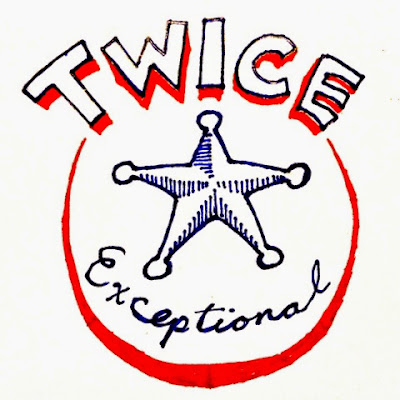I've written previously about organizing your videos per unit or chapter in a playlist, and of course, you can send out your videos via Remind, post them on Edmodo, have kids subscribe to your Youtube channel, or host them on your own website, but here's one more idea (that I think is more user-friendly if you're keeping accountability via kids notebooks instead of online).
Use a link shortening app or website like Bitly, customize the shortened links to your name and objectives, and follow the same pattern for all of your videos. Aligning your links' names to objectives or standards already listed in your syllabus will help students and parents match up which video goes with what needs more work or is to be made up.
Here's what I mean - I have a shared syllabus with 3 other teachers in my department for our Algebra 1b course.
Good question, reader. Do you students ever tell you they "lost the text from Remind" or "couldn't login to Edmodo?" Following a standardized name for your links gives you another defense and the student another chance to get their notes done because if they remember the suffix you always include, they can make some guesses as to the ending.
Why not just name the videos as the standards are worded on your syllabus?
Bitly links must be unique, so only one person in the world can "own" the link to something like bitly.com/orderofoperations. You might be able to sneak in some, but I'd bet at some point you're going to run into a naming issue and have to deviate slightly from the way it was written on your syllabus. Then you've made it HARDER to find that video, instead of easier.
Use a link shortening app or website like Bitly, customize the shortened links to your name and objectives, and follow the same pattern for all of your videos. Aligning your links' names to objectives or standards already listed in your syllabus will help students and parents match up which video goes with what needs more work or is to be made up.
Here's what I mean - I have a shared syllabus with 3 other teachers in my department for our Algebra 1b course.
Rather than simply posting my videos to Youtube and then sharing out a long, randomized link, or even YouTube's shortened version, I take each url and shorten to bitly.com/baker_starks_**, where the end of the link is a number that corresponds to the standards listed in that image above. So, if you go to bitly.com/baker_starks_5, you get my video on the Distributive Property.
But if you're posting the link on Edmodo and Remind, what does it matter that you've shortened it?
Good question, reader. Do you students ever tell you they "lost the text from Remind" or "couldn't login to Edmodo?" Following a standardized name for your links gives you another defense and the student another chance to get their notes done because if they remember the suffix you always include, they can make some guesses as to the ending.
Why not just name the videos as the standards are worded on your syllabus?
Bitly links must be unique, so only one person in the world can "own" the link to something like bitly.com/orderofoperations. You might be able to sneak in some, but I'd bet at some point you're going to run into a naming issue and have to deviate slightly from the way it was written on your syllabus. Then you've made it HARDER to find that video, instead of easier.










